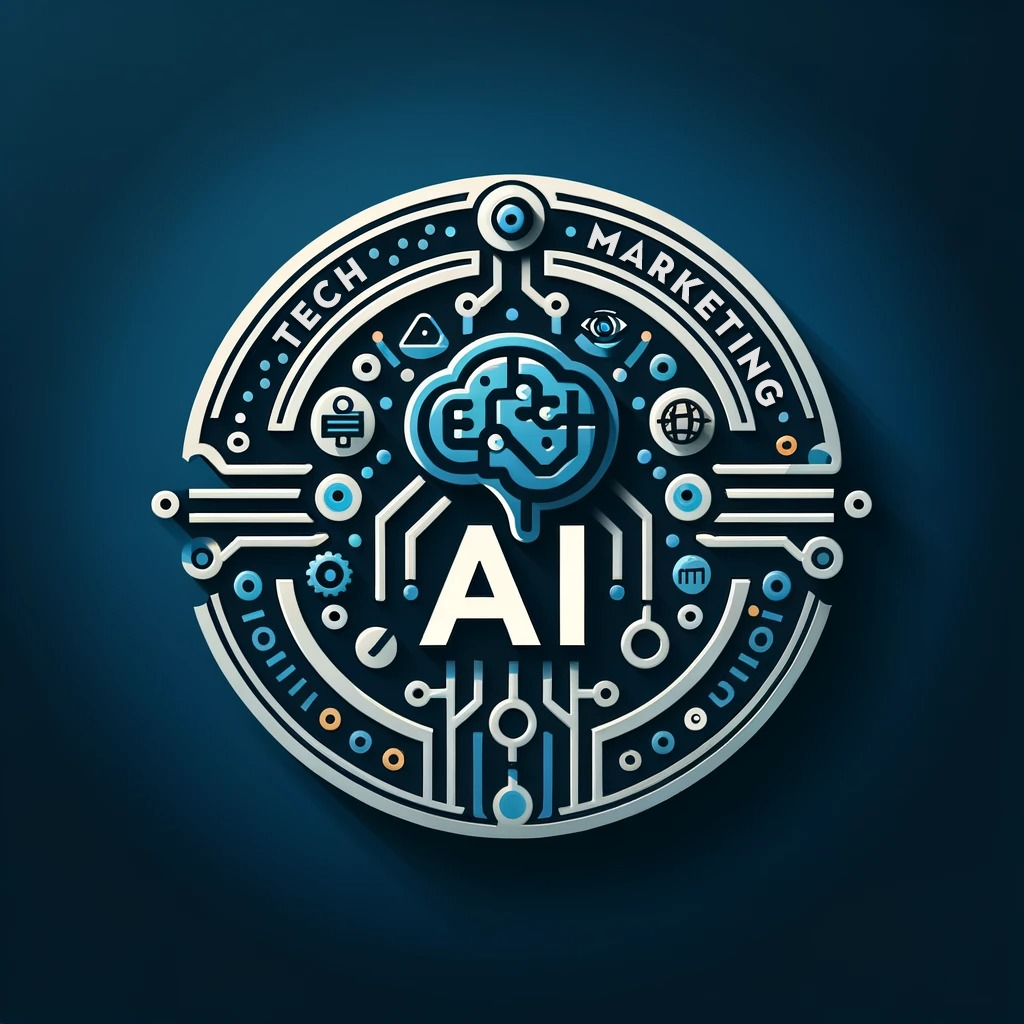In today’s fast-paced, highly competitive marketplace, brands are continuously searching for ways to differentiate themselves and foster deep, lasting connections with their customers. Traditional marketing strategies, while still valuable, are increasingly supplemented by innovative technologies like Artificial Intelligence (AI). One of the most powerful applications of AI in this context is personalization—tailoring experiences, products, and interactions to the individual preferences and behaviors of customers. This approach has proven particularly effective in enhancing brand loyalty across key markets such as the USA, UK, Canada, and Australia.
In this blog, we’ll explore how AI-driven personalization is reshaping customer experiences and driving brand loyalty in these regions. We’ll delve into the benefits of personalization, the role of AI in executing these strategies, and real-world examples of brands that have successfully harnessed this technology.
The Importance of Brand Loyalty
Brand loyalty is the emotional and psychological commitment a customer has to a particular brand. It goes beyond mere satisfaction with a product or service; it’s about creating an affinity that encourages repeat purchases and positive word-of-mouth referrals. In an era where consumers are inundated with choices, brand loyalty is a critical asset. Loyal customers not only spend more but are also less price-sensitive and more likely to advocate for the brand.
However, fostering this level of loyalty is increasingly challenging. Consumers in the USA, UK, Canada, and Australia are more discerning and empowered than ever before. They expect brands to understand their unique needs and preferences and to deliver relevant, personalized experiences across all touchpoints.
The Role of AI in Personalization
Artificial Intelligence has emerged as a game-changer in the quest for personalization. AI-driven personalization involves using machine learning algorithms, data analytics, and other AI technologies to create highly customized customer experiences. By analyzing vast amounts of data—such as browsing history, purchase behavior, and social media activity—AI can identify patterns and predict future behavior, enabling brands to deliver content, recommendations, and offers that are uniquely relevant to each customer.
Key Benefits of AI-Driven Personalization
- Enhanced Customer Experiences: Personalization powered by AI allows brands to offer experiences that resonate on a personal level. Whether it’s a recommendation based on past purchases or a personalized email tailored to the recipient’s preferences, these interactions create a sense of individual attention and care, which is critical in building emotional connections with customers.
- Increased Customer Retention: When customers feel understood and valued, they are more likely to remain loyal to a brand. AI-driven personalization helps maintain customer engagement by consistently delivering relevant content and offers, reducing the likelihood of churn.
- Higher Conversion Rates: Personalized marketing messages are significantly more effective than generic ones. AI can optimize the timing, content, and delivery method of these messages, leading to higher conversion rates and increased sales.
- Efficient Resource Allocation: AI-driven personalization can also help brands allocate resources more effectively. By identifying which customers are most likely to respond to certain offers, brands can focus their efforts where they are most likely to yield results, reducing wasted marketing spend.
AI-Driven Personalization in Action
Several brands in the USA, UK, Canada, and Australia have successfully implemented AI-driven personalization strategies, resulting in enhanced brand loyalty and business growth. Below are a few examples:
1. Amazon’s Personalized Shopping Experience
Amazon, a global leader in e-commerce, has set the standard for AI-driven personalization. The company uses AI algorithms to analyze customer data, predicting what products individual customers are likely to purchase next. This is evident in Amazon’s recommendation engine, which suggests products based on past purchases, browsing history, and even what other customers with similar profiles have bought. This level of personalization not only improves the shopping experience but also drives customer retention and loyalty by making it easier for customers to find products they love.
2. Spotify’s AI-Driven Music Recommendations
Spotify, the popular music streaming service, has built a strong following by leveraging AI to personalize user experiences. The platform’s Discover Weekly playlist, which curates a list of songs based on the user’s listening habits, is a prime example of AI-driven personalization. By analyzing user data and drawing on machine learning algorithms, Spotify delivers a unique, tailored experience to each of its users, fostering loyalty through a deep, personalized connection with the brand.
3. Coca-Cola’s AI-Powered Marketing Campaigns
Coca-Cola has been experimenting with AI to create more personalized marketing campaigns. By using AI to analyze customer data and social media activity, Coca-Cola can identify trends and preferences, allowing the brand to craft marketing messages that resonate with individual consumers. For instance, the company has used AI to generate personalized ad content in real-time, based on what’s trending among target demographics. This approach not only increases engagement but also strengthens brand loyalty by making each customer feel like the brand is speaking directly to them.
Overcoming Challenges in AI-Driven Personalization
While AI-driven personalization offers immense potential, it’s not without challenges. Brands need to navigate several hurdles to successfully implement these strategies:
- Data Privacy Concerns: With the increasing focus on data privacy in regions like the USA, UK, Canada, and Australia, brands must be transparent about how they collect and use customer data. Customers need to feel confident that their personal information is being handled securely and ethically.
- Integration with Existing Systems: Implementing AI-driven personalization often requires integrating new technologies with existing systems. This can be complex and costly, particularly for large organizations with legacy systems.
- Avoiding Over-Personalization: While personalization is valuable, there’s a fine line between helpful and intrusive. Brands must strike a balance, ensuring that their efforts to personalize don’t feel invasive or overwhelming to customers.
- Ensuring Relevance Across Diverse Markets: Personalization strategies that work well in one market may not necessarily translate to another. Brands need to tailor their AI-driven personalization efforts to reflect the cultural and behavioral nuances of customers in different regions, such as the USA, UK, Canada, and Australia.
The Future of AI-Driven Personalization
The future of AI-driven personalization is bright, with ongoing advancements in technology promising even more sophisticated and effective strategies. As AI continues to evolve, we can expect to see more real-time personalization, where brands adjust their interactions with customers on the fly based on immediate data inputs. This could include everything from personalized website experiences to dynamic pricing models that adjust based on individual customer behavior.
Moreover, as brands continue to collect more data from an ever-expanding range of sources—such as IoT devices, wearables, and even biometric data—the possibilities for personalization will grow exponentially. Brands will be able to create hyper-personalized experiences that not only meet but anticipate customer needs, further deepening brand loyalty.




